Uncategorized
-
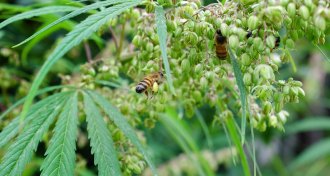 Animals
AnimalsHemp fields offer a late-season pollen source for stressed bees
Colorado’s legal fields of low-THC cannabis can attract a lot of bees.
By Susan Milius -
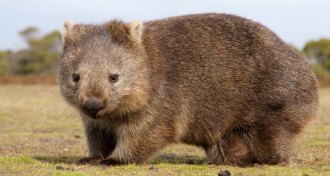 Animals
AnimalsWombats are the only animals whose poop is a cube. Here’s how they do it.
The elasticity of wombats’ intestines helps the creatures shape their distinctive poops.
-
 Health & Medicine
Health & MedicineSmall doses of peanut protein can turn allergies around
After a year of careful peanut protein exposure, most kids in a clinical trial could tolerate the equivalent of two large peanuts.
-
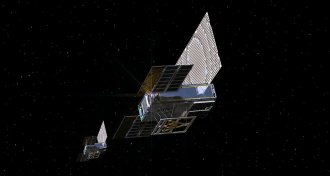 Planetary Science
Planetary ScienceTiny satellites will relay news of InSight’s Mars landing in minutes, not hours
NASA’s InSight Mars lander brought along two tiny CubeSats to send details about the spacecraft’s landing to Earth in almost real time.
-
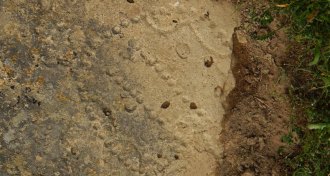 Archaeology
ArchaeologyA Bronze Age game called 58 holes was found chiseled into stone in Azerbaijan
A newly discovered rock pattern suggests that the game traveled fast from the Near East to Eurasia thousands of years ago.
By Bruce Bower -
 Health & Medicine
Health & MedicineFDA restricts the sale of some flavored e-cigarettes as teen use soars
The number of high schoolers who vape rose 78 percent from 2017 to 2018.
-
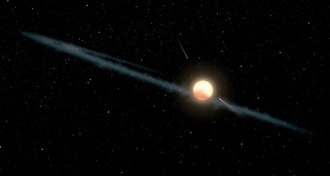 Astronomy
AstronomyAstronomers spot another star that flickers like Tabby’s star
The irregular flickering of star VVV-WIT-07 is reminiscent of Tabby’s star, which brought speculation of alien megastructures.
-
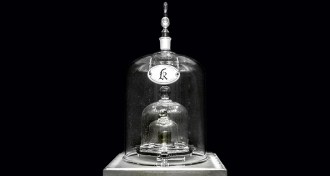 Math
MathIt’s official: We’re redefining the kilogram
In May 2019, the system of measurement will be upgraded to rely on fundamental constants.
-
 Health & Medicine
Health & MedicineLyme and other tickborne diseases are on the rise in the U.S. Here’s what that means.
A record number of tickborne diseases were reported in the United States in 2017. An infectious disease physician discusses that result and others.
-
 Climate
ClimateDevelopment near natural areas puts more Californians in the path of wildfires
As urbanization extends its reach into once-natural areas, more homes and people are at risk from wildfires.
-
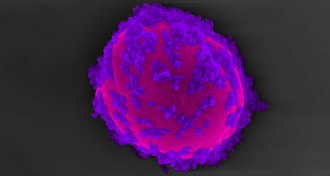 Microbes
MicrobesMini ‘solar panels’ help yeast shine at churning out drug ingredients
Microbes equipped with light-harvesting semiconductor particles generate useful chemicals much more efficiently than ordinary microbes.
-
 Genetics
GeneticsCoffee or tea? Your preference may be written in your DNA
Coffee or tea is a bitter choice, a taste genetics study suggests.